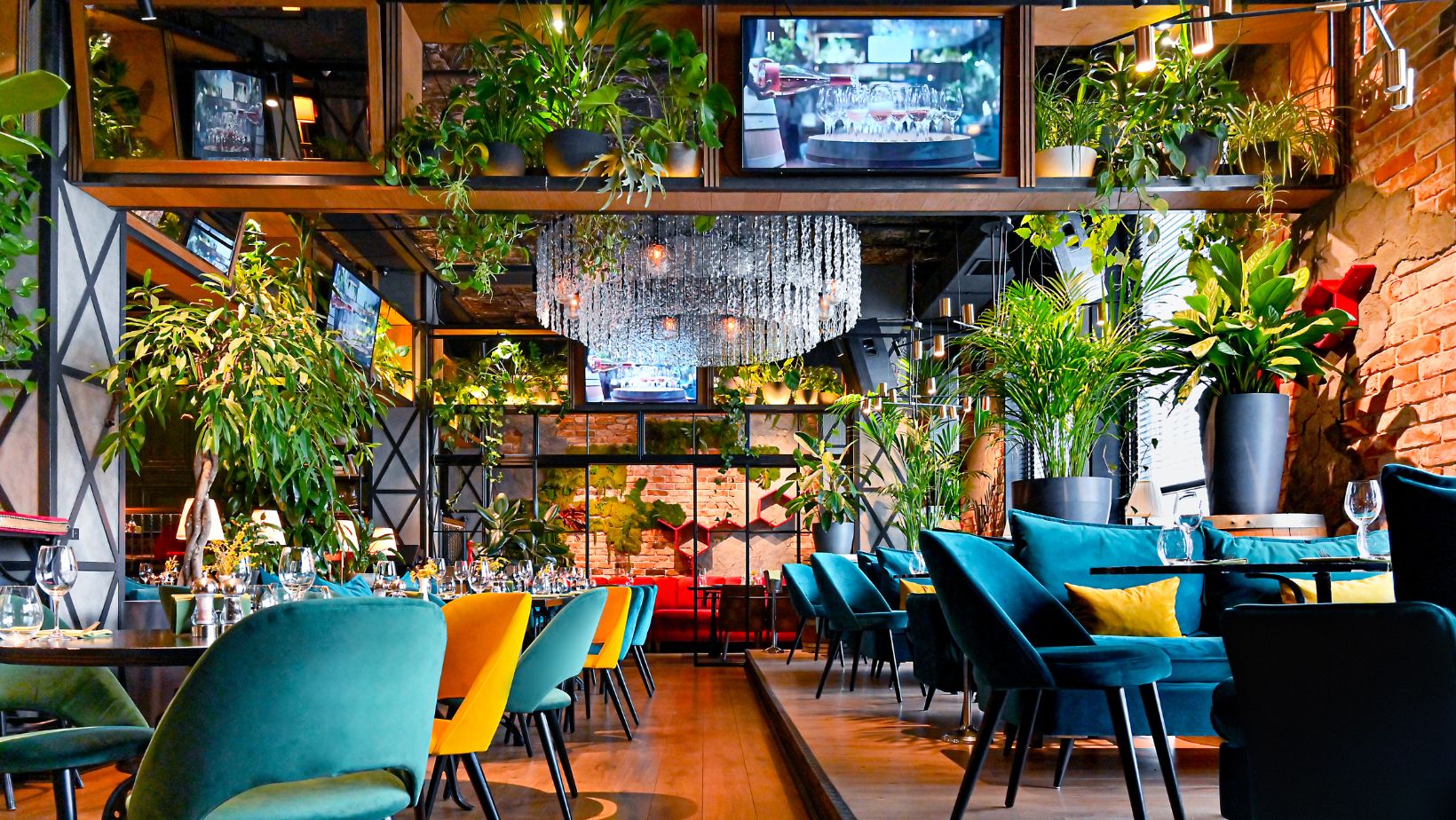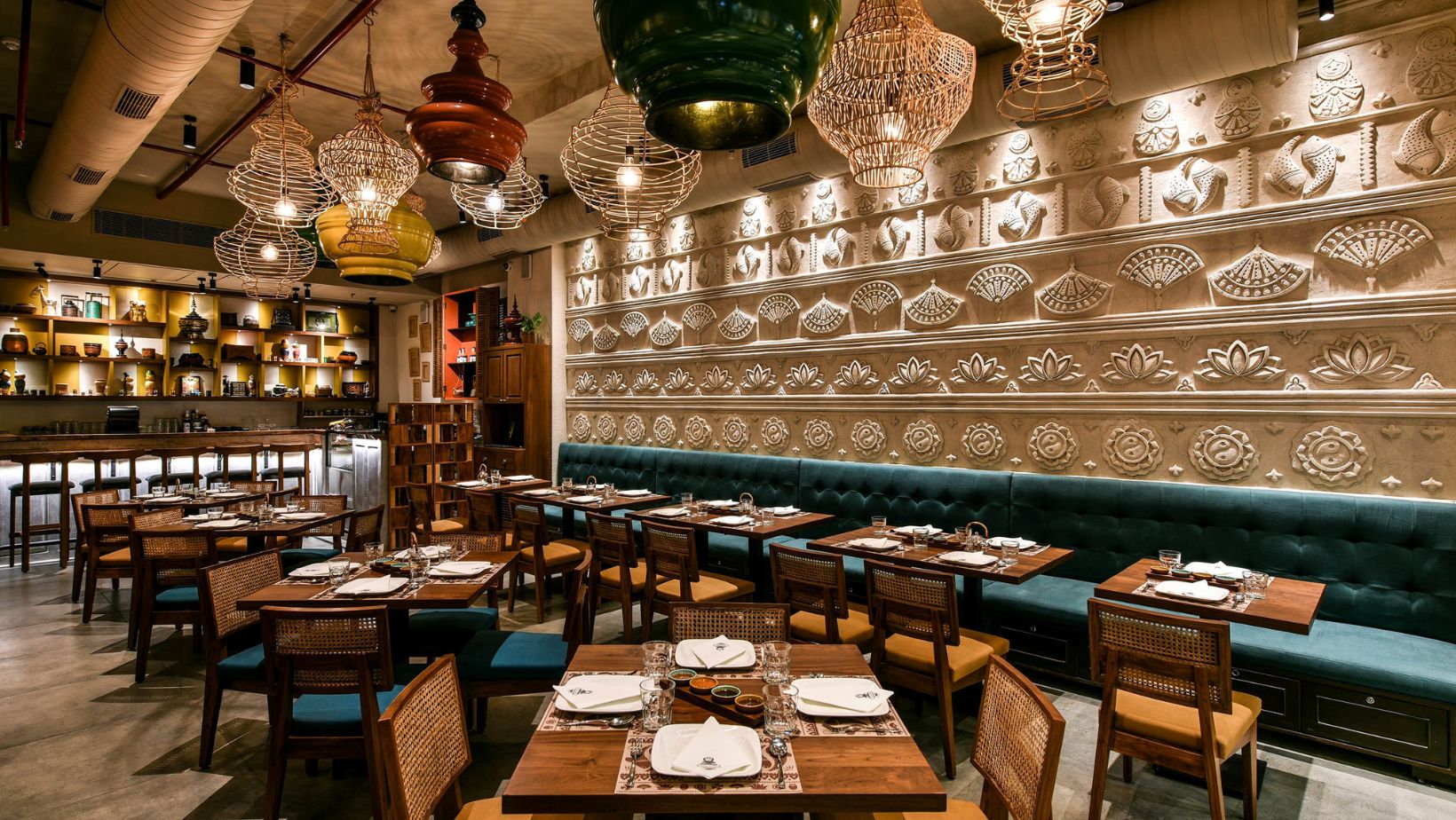Owning a restaurant is a dream for many food lovers and aspiring entrepreneurs. It promises creativity, independence, and the chance to share your passion for food with others. But behind the tantalizing aromas and happy diners lies a world of hard work, detailed planning, and constant challenges. This article will explore what it really means to own a restaurant—from the initial idea to managing daily operations—and how to set yourself up for success in this rewarding industry.
1. Why Own a Restaurant?
The restaurant business offers unique opportunities to combine passion with entrepreneurship. If you love cooking, meeting new people, and creating memorable experiences, owning a restaurant can be deeply satisfying. It allows you to bring your vision of cuisine and service to life and connect with your community. However, it’s important to understand that owning a restaurant is more than just cooking. It involves managing finances, marketing your brand, hiring and training staff, and maintaining high standards every day. For many, the challenge is part of the appeal—overcoming obstacles and seeing your restaurant thrive.2. Planning Your Restaurant Concept
Before diving in, it’s crucial to develop a clear concept. This will guide everything from your menu to your décor and target customers.-
- Define Your Cuisine: Will you focus on Italian, Asian fusion, vegan dishes, comfort food, or something else? Your choice affects ingredient sourcing, kitchen layout, and marketing.
-
- Identify Your Target Audience: Are you catering to families, young professionals, tourists, or a niche market? Knowing your audience helps shape pricing and atmosphere.
-
- Set Your Budget: Starting a restaurant requires significant capital. You’ll need funds for leasing or buying a space, renovations, kitchen equipment, initial inventory, staff salaries, licenses, and marketing. Establish a realistic budget and plan for unexpected expenses.
-
- Location Matters: A great location can drive foot traffic and sales. Consider visibility, accessibility, parking, and competition nearby.
3. Legal and Financial Foundations
Running a restaurant means complying with many laws and regulations. Early attention to legal and financial matters can prevent costly issues later.
Early attention to legal and financial matters can prevent costly issues later.
-
- Register Your Business: Choose your business structure (sole proprietorship, LLC, partnership) and register with local authorities.
-
- Licenses and Permits: You will need health permits, food handler’s licenses, liquor licenses (if applicable), and fire safety certifications. Requirements vary by location.
-
- Insurance: Protect your investment with liability insurance, property insurance, and workers’ compensation.
-
- Accounting Systems: Implement a reliable accounting and payroll system. Managing cash flow and keeping track of expenses and revenue is essential for survival.
4. Building Your Team
A restaurant is only as good as the people who run it. Hiring the right team—from chefs and kitchen staff to servers and managers—is key.-
- Hiring for Culture and Skills: Look for employees who share your values and passion for hospitality. Experienced chefs and knowledgeable waitstaff elevate customer experience.
-
- Training: Invest time in training everyone thoroughly on food safety, customer service, and your specific procedures.
-
- Motivation and Retention: The restaurant industry can have high turnover rates. Offer competitive wages, create a positive work environment, and recognize hard work to retain your team.
5. Creating a Memorable Menu
Your menu is your restaurant’s heart. It should reflect your concept while appealing to your audience and supporting profitability.-
- Balance Creativity and Practicality: Unique dishes can set you apart, but consider ingredient availability and preparation time.
-
- Pricing Strategy: Price items to cover costs and generate profit, while remaining attractive to customers.
-
- Seasonality and Sourcing: Use seasonal ingredients to keep the menu fresh and control costs. Building relationships with reliable suppliers ensures quality.
-
- Menu Design: A clear, visually appealing menu helps customers make decisions easily and promotes your best dishes.
6. Marketing Your Restaurant
Getting the word out is crucial for attracting customers and building a loyal base. Restaurant marketing plays a vital role in increasing visibility and turning first-time visitors into regulars.-
- Brand Identity: Develop a strong brand, including logo, colors, and messaging that reflect your restaurant’s personality.
-
- Online Presence: In today’s digital age, a professional website and active social media profiles are essential. Share mouthwatering photos, customer reviews, and special events.
-
- Local Partnerships: Collaborate with local businesses, food bloggers, and community events to boost visibility.
-
- Loyalty Programs and Promotions: Offer discounts, special deals, or rewards programs to encourage repeat visits.
7. Running Daily Operations
The day-to-day management of a restaurant is a balancing act that requires attention to detail and flexibility.-
- Customer Service: Friendly, attentive service keeps customers coming back. Train your staff to handle complaints professionally.
-
- Inventory Management: Keep track of stock levels to avoid shortages or waste.
-
- Maintaining Cleanliness and Safety: Regularly inspect the kitchen and dining areas to meet health standards and create a pleasant environment.
-
- Financial Monitoring: Review daily sales and expenses. Adjust operations as needed to stay profitable.
8. Overcoming Challenges
Owning a restaurant comes with hurdles. Staffing shortages, unexpected equipment breakdowns, supply chain issues, and fluctuating customer demand are common challenges. Being adaptable and proactive helps. Listen to customer feedback, continuously improve your offerings, and stay on top of industry trends. Networking with other restaurant owners can provide valuable support and ideas.
Being adaptable and proactive helps. Listen to customer feedback, continuously improve your offerings, and stay on top of industry trends. Networking with other restaurant owners can provide valuable support and ideas.

